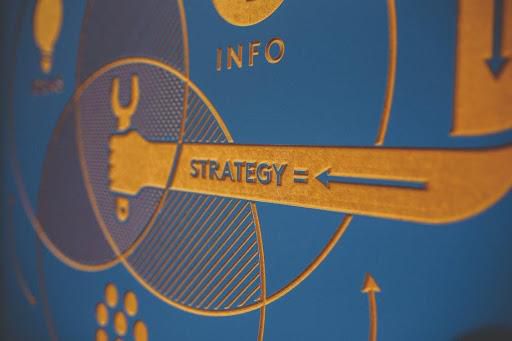The real-life benefits of playing poker
)
- Socialization
- Entertainment
- Money
- Brain-Training
- Ego
- Fun
- Strategy
There are currently many different versions of poker, separated into three main categories:
- Draw Poker
In this category are Five Card Draw and Badugi. Players have five cards that are hidden from their opponents and can improve their hands by replacing a certain number of cards.
- Stud Poker
Included here are Seven Card Stud and Razz. Players are dealt a combination of hidden and exposed cards, so players have some information about what cards are available.
- Community Card Poker
One of the most popular variants of the game falls into this category: Texas Hold’em. This variant uses shared exposed cards, and hidden cards, with players using any combination of the cards to create a hand.
Just how popular is Poker?
It is estimated that there are over 60 million poker players in the US alone, with many more worldwide. In 2018 in France there were almost 250,000 active poker accounts, with revenue doubling between 2003 and 2012. In the UK, poker is becoming increasingly popular, and holds the record for the biggest game of poker ever played, with 225,000 players in a massive tournament in 2013.
Why should you play Poker?
- Socialization
Poker is a really sociable game and gives players the opportunity to meet like-minded individuals and whether in person or online, players can chat to each other. Many casinos are private member’s clubs, and the same individuals meet on a regular basis. Players, both online and in person, often meet for the first-time playing poker and their friendship develops and often life-long friends are made. The online casinos mean firm friends are made across the globe.
- Entertainment
There is a whole community of poker players across the globe. Much like anything else that is popular, a whole culture has emerged around poker, with a presence in mainstream popular culture including top Hollywood films, such as Molly’s Game and Rounders, as well as scenes in TV shows, popular music, and, as the internet exists, a world of poker memes has emerged.
- Money

At its most basic, you know you have won at poker when you win the money. Even though most players do not win at the poker table long term (it is estimated that 90% - 93% of players end up losing money), for many the allure of the big win is what started them playing, and what keeps them coming back for more. And indeed, there are a small number of elite players who have managed to make it in the world of professional poker, with many top players raking in the millions in tournaments, and even endorsements, making them the super stars of the poker world.
- Brain-Training
Poker is a game of skill, and with any skill some brain power is required. The maths and statistics needed to be successful in playing poker helps keep the neurons active, and many older people play poker to help stay sharp and with it. There is evidence that playing poker helps with neuroplasticity, and helps not only to maintain existing neural pathways, but also to create new ones.
Additionally, playing poker helps individuals develop their intuition, as well as deal with failure, learn to read people, and control their emotions. These skills can help individuals in their daily life, for example better decision-making skills, and a better ability to assess potential outcomes.
- Ego
Many players like poker because it is an opportunity to show off to others, and winning is often ego-boosting, especially when surrounded by strangers and being able to boast intellectual superiority. Since poker made the online move, there are more and more opportunities for people to play in tournaments at all levels; often winning money is less important that winning kudos.
- Fun
Bottom line is poker is fun; it is a game at the end of the day, and there are plenty of opportunities to play without spending money. Many casinos offer joining bonuses that don’t require a deposit, and there are apps whereby players can play poker without spending real money. Additionally, people can play poker with friends, using matchsticks or pennies to represent the wager, without needing to spend money. It allows for friendly competition, and for players to enjoy all the aforementioned benefits of playing poker without any of the risk.
- Strategy

Poker is a game of strategy, and this can often translate into other areas of life. Often entrepreneurs, especially in financial fields, will play poker. The skills learnt in the game lend themselves well to decision making, risk management and even improvements in physical activities and response times.
Some final thoughts
Poker is popular and there are so many different variants that there will be something for anyone. Poker can be played informally with friends, low stakes online and in casinos, and the more experienced (or braver) players can join tournaments at all levels, as well as high stakes cash games.
Though some players will win money from poker, and this is indeed a motivating factor, many players find they play the game for a variety of different reasons. Poker is a sociable and entertaining game, with a whole community with its own jokes and culture. People can make like-minded friends across the globe and have the opportunity to show off their skill. Poker also helps with keeping the mind sharp and is useful to people in building skills in daily life around decision making, empathy, and risk management.
*This is a featured post.
)
)
)
)
)
)
)
)
)
)
)
)
)
)
)
![2026 Golden Globes: Teyana Taylor, Timothee Chalamet and the biggest winners [FULL LIST]](https://sportal365images.com/process/smp-images-production/pulse.ng/12012026/002666db-358d-4deb-9510-84cdb274ffda.png?operations=autocrop(112:112))
)